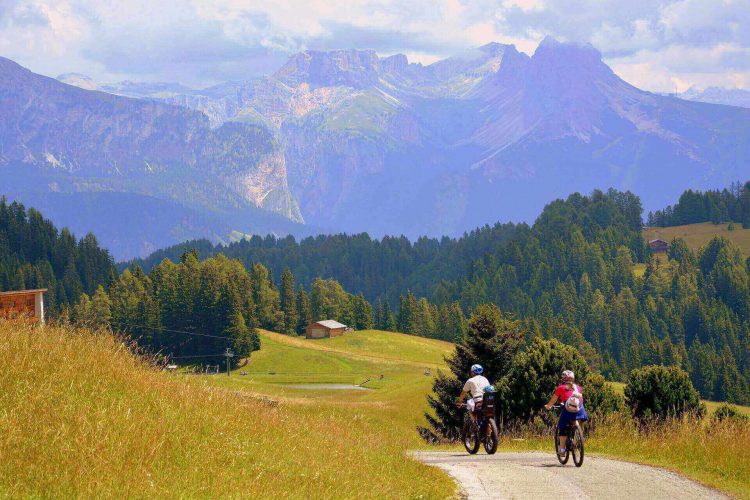A lake is an area of variable size filled with water, localized in a basin, that is surrounded by land, apart from any river or other outlet that serves to feed or drain the lake. Lakes lie on land and are a not part of the ocean, and therefore are distinct from lagoons, and are also larger and deeper than ponds, though there are no official or scientific definitions.
Lakes can be contrasted with rivers or streams, which are usually flowing. Most lakes are fed and drained by rivers and streams.
Natural lakes are generally found in mountainous areas, rift zones, and areas with ongoing glaciation. Other lakes are found in endorheic basins or along the courses of mature rivers. In some parts of the world there are many lakes because of chaotic drainage patterns left over from the last Ice Age. All lakes are temporary over geologic time scales, as they will slowly fill in with sediments or spill out of the basin containing them.
Many lakes are artificial and are constructed for industrial or agricultural use, for hydro-electric power generation or domestic water supply, or for aesthetic or recreational purposes or even for other activities .
There is considerable uncertainty about defining the difference between lakes and ponds, and no current internationally accepted definition of either term across scientific disciplines or political boundaries exists. For example, limnologists have defined lakes as water bodies which are simply a larger version of a pond, which can have wave action on the shoreline or where wind-induced turbulence plays a major role in mixing the water column.
None of these definitions completely excludes ponds and all are difficult to measure. For this reason, simple size-based definitions are increasingly used to separate ponds and lakes. One definition of lake is a body of water of 2 hectares however, others[who?] have defined lakes as waterbodies many lakes bear names ending with the word pond, and a lesser number of names ending with lake are in quasi-technical fact, ponds. One textbook illustrates this point with the following: “In Newfoundland, for example, almost every lake is called a pond, whereas in Wisconsin, almost every pond is called a lake.
